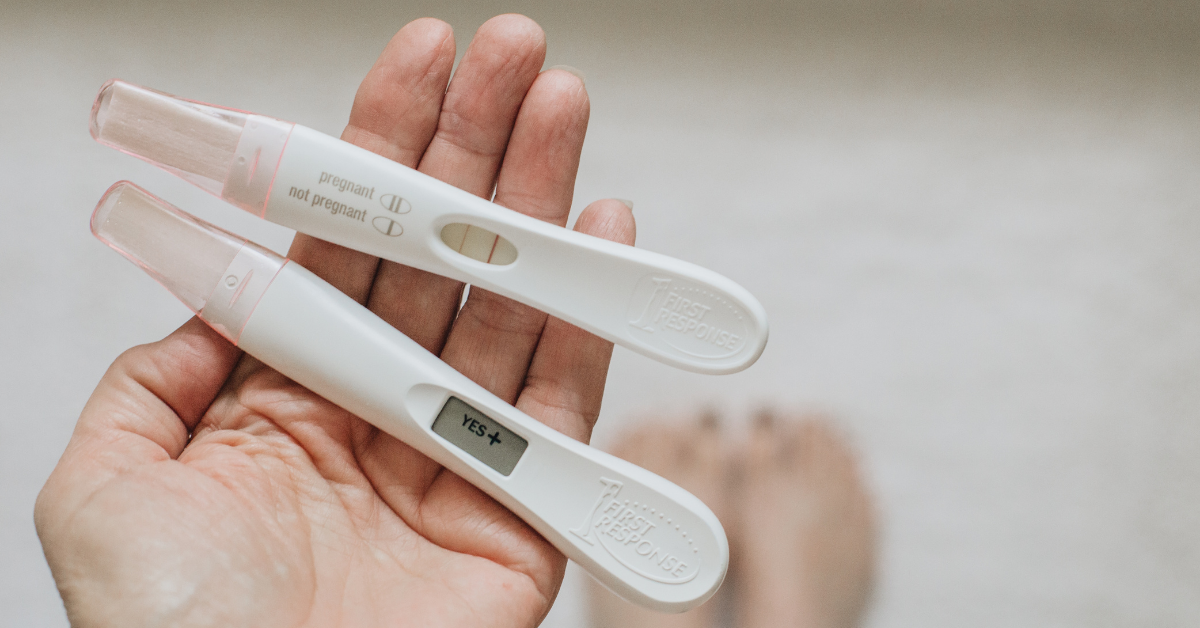What is the First Trimester?
There are many dos and don’ts for your first trimester, but what exactly is it? The first trimester is the first of three phases of pregnancy. Your first trimester begins on week one and ends on week twelve, thus starting the second trimester. During the first trimester, there are several things to implement into your day-to-day and others to avoid. This is a critical stage in your pregnancy and the development of your baby.
Although it may not seem like a whole lot is going on during this time, a lot is happening for both you and your baby. For you, first trimester symptoms may occur as early as a few days to weeks after conception. During the first trimester, you can begin to experience discomforts or changes such as:
- Fatigue
- Nausea/vomiting
- Mood swings
- Tender Breasts/ soreness in the chest area
- Abdominal bloating
- Cramping
- Increased urination
- Constipation
- Food aversion or cravings
- Change in sexual desire
While all first trimester symptoms are temporary for everyone, they can vary from mild to severe across individuals. Continue reading to learn some of the dos and don’ts for your first trimester.
The Dos
Food is Fuel
As with most things, you will need to fuel your body first, thus fueling your babies. Without proper nutrition in the first trimester, this could lead to poor fetal development. However, eating is not just about quantity; it is also important to focus on the quality of food and ensure that all needed nutrients are consumed.
Folic Acid Supplements
Folic acid is a nutrient that you should take during the first trimester. This vitamin helps to produce and maintain new cells and prevent changes in the DNA. There are many things folic acid does for your body, such as:
- Protecting the baby’s spinal cord
- Preventing anemia
- Preventing birth defects (Spinal Bifida/ Anencephaly)

Prenatal Vitamins
In addition to folic acid supplements, one should take prenatal vitamins daily. Prenatal vitamins contain specific nutrients for fetal development and help to replace the nutrients needed during the first trimester. These nutrients include calcium, iron, zinc, as well as omega-3 fats which help the baby’s brain development.
Proper Sleep and Exercise
During your first trimester, your body is experiencing extreme changes which can play a big role in how tired you are. Your hormones and emotions are on a rollercoaster which can take a toll on expecting mothers. That being said, proper sleep, as well as frequent naps throughout the day, are essential. Your body needs between eight to nine hours of sleep each night.
When it comes to exercise, if you are someone who exercises regularly pre-pregnancy, keep it up! A regular exercise routine can help with hormone changes and restlessness. Before continuing your regular workout routine, check with your health care provider for the green light, or other options to move your body.
Stay Hydrated
Staying hydrated is essential for you and your baby’s health, as well as helping to prevent preterm labor. Keeping your body hydrated with water as well as vegetables helps to prevent headaches, kidney stones, and dizziness.
Choose a Doctor or Midwife
Choosing the perfect healthcare provider can seem like a stressful task because you want the best for yourself and your baby. You’ll want to find someone in a timely manner to ensure booking your first prenatal appointment. However, do your research and find someone whose beliefs and practices line up with yours and someone you can trust.
The Don’ts
No Smoking or Drinking
It is important to avoid smoking during pregnancy because women who smoke during pregnancy are more at risk of miscarriage. Furthermore, your baby is at greater risk for birth defects if you are smoking while pregnant. As for alcohol, there is no amount that is safe during pregnancy, it is important to stay away from it. Consuming alcohol while pregnant can also lead to miscarriage, stillbirth, and behavioral, as well as intellectual, disabilities.
No Raw Meat
Eating raw or undercooked meat and eggs is a big no-no during the first trimester. Consuming raw foods puts you at a higher risk of contracting listeriosis which can lead to miscarriage and life-threatening illness. Furthermore, toxoplasmosis is a parasitic infection that can easily become life-threatening as well as cause severe birth defects if not treated.

Avoid Caffeine
Although this may seem like an impossible task because of how tired you feel during your first trimester, try avoiding caffeine as best as you can. Caffeine, although not always consumed by drinking coffee, is often found in chocolate as well as soda drinks. Caffeine does cross the placenta and can affect your growing baby’s heart rate. Some caffeine is safe in the first trimester and expecting mothers can consume up to 200 milligrams a day. However, this should not be exceeded.
Saunas and Hot Tubs are a No
Hot tubs, saunas, as well as steam rooms are out of the question during your first trimester. You should avoid these areas because it increases the risk of overheating, dehydration and fainting. A significant rise in your core temperature can affect your baby’s development.
Ask The Experts at Midwife360 about The Dos and Don’ts for Your First Trimester
If you need more information or are looking for a trusted midwife with years of experience, contact Midwife360. Opening the doors in 2014, Midwife360 quickly became a staple to women’s care in South Florida. Founder, P. Fadwah Halaby CNM, created Midwife360 as a holistic evidence-based practice for all midwifery services. This includes routine women’s care, family planning, pregnancy care, as well as home and water birthing.
Contact South Florida’s trusted midwives today to set up an appointment!






